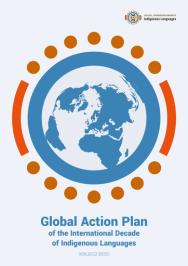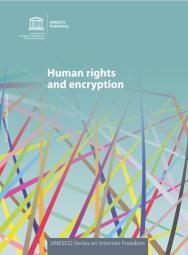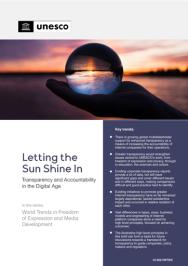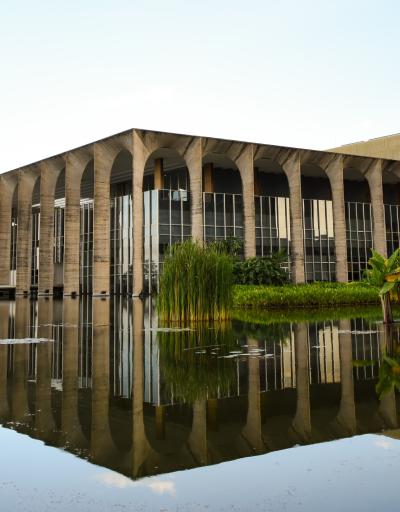
Building Knowledge Societies and Innovations in Brazil
The sharing of knowledge and information, mainly through Information and Communication Technologies (ICTs), has the power to transform economies and societies.
ICTs are fundamentally changing how people live, work, learn and socialise. However, 758 million adults worldwide, including 115 million youth, still lack the basic literacy skills needed to enjoy the benefits of increasingly digitised economies and participate fully in modern society.
Inclusive digital solutions can help people with low skills and low literacy use technology to support skills development and, ultimately, advance their livelihoods.
To build knowledge societies, UNESCO Brasilia gathers its sectors to work together with the Communication and Information Sector to:
- Promote universal access to accurate, reliable, and quality information.
- Expand access to digital technologies in institutions and cities with better services for the population.
- Find solutions for promoting inclusive digital policies that consider the elderly, the youth, and illiterate citizens from the most vulnerable areas.
Access to Information in Brazil
Access to public information is established as a right in the Federal Constitution of Brazil. The spread of new communication and information technologies and the development of multilingualism on the internet may be ways to avoid exclusion in access to information and knowledge. Besides, Internet access, considered a public information service, should be encouraged by adopting appropriate policies. The Brazilian government must guarantee the right to online access to public and administrative records. These should include all the information that citizens may need in a modern democratic society to ensure universal access to information in the public domain and its free flow without geographical, economic, or social discrimination.
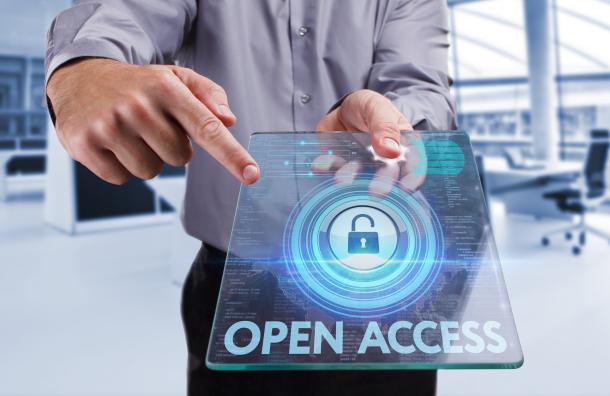
The right to information
The right to information is a fundamental right that protects other human rights. It guarantees transparency and the right to the country's memory and history to strengthen its democracy. It also ensures the right of the press to access public information to help with investigative news. General information can also be helpful to other users, such as enterprises and ordinary citizens, including persons with disability. Access to scientific information is essential to academia and researchers.
- Ensure that advances in the field of artificial intelligence are achieved in a safe and compatible manner with the preservation of human rights and fundamental freedoms.
- Promote actions to preserve the linguistic diversity of indigenous ethnicities, especially in efforts to promote the International Decade of Indigenous Languages (IDIL 2022-2032). The Decade aims to draw global attention to the critical situation of many indigenous languages, mobilize stakeholders and raise funds for their preservation, revitalization and promotion.
- Promote the preservation of documentary collections and records. The Memory of the World Programme aims to make the world aware of the importance of conserving documentary collections.
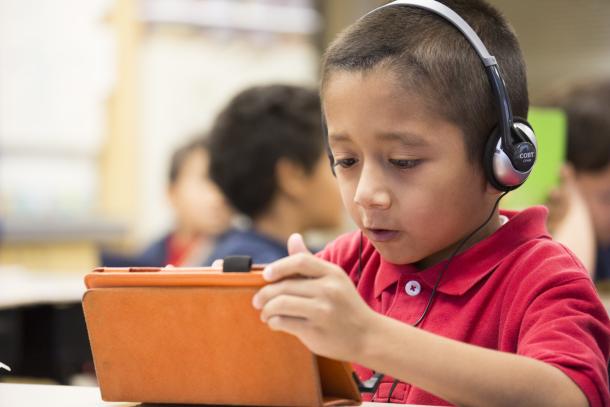
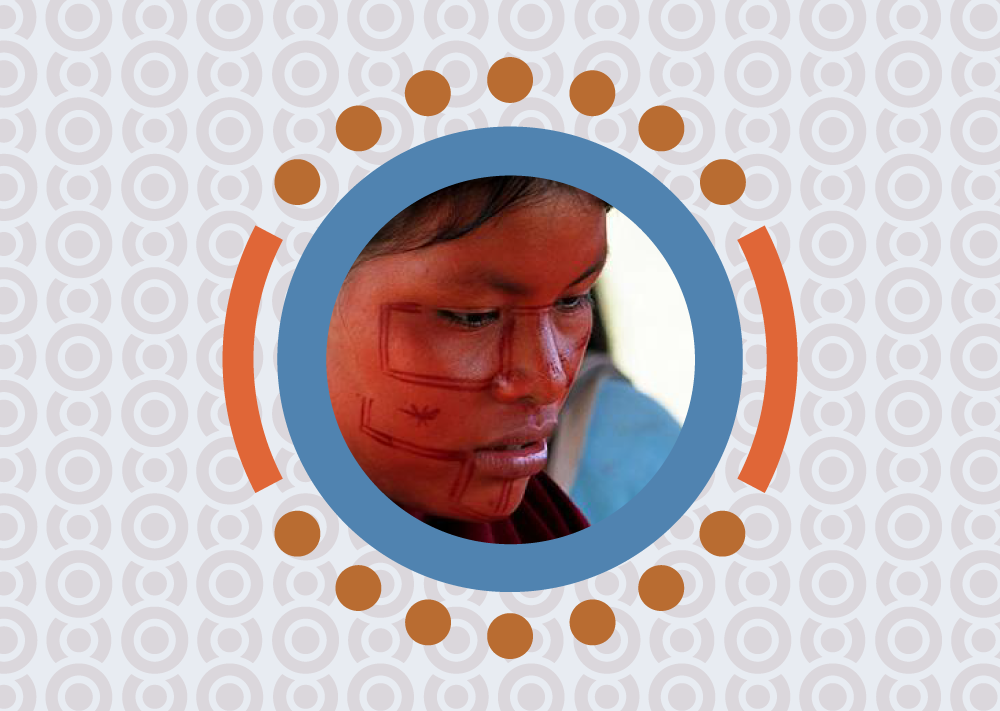
Indigenous Languages Decade (2022-2032)
Documentary Heritage from Brazil
There are 11 collections of documentary heritage submitted by Brazil and inscribed in the Memory of the World Register:
- Antônio Carlos Gomes: composer of two worlds
- Collection of the Educator Paulo Freire
- Personal Collection of Nise da Silveira
- Iconographic and Cartographic Presentations of the Triple Alliance War
- Architectural Collection of Oscar Niemeyer
- Documents related to the Voyages of Brazilian Emperor Dom Pedro II in Brazil and Abroad
- Human Rights Defense Committee Fund for Southern Cone Countries (CLAMOR)
- Archives of the Dutch West India Company (Westindische Compagnie – WC)
- Information and counter-intelligence network of the military regime in Brazil (1964-1985)
- The Emperor’s Collection: foreign and Brazilian photographs from the 19th Century
- Feminism, science and politics - Bertha Lutz’s legacy
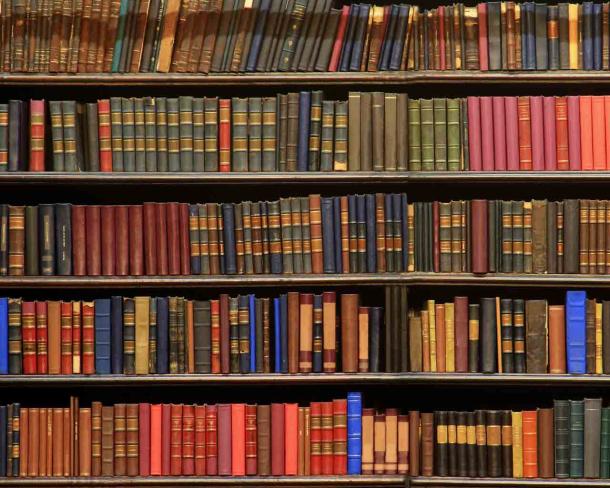
Projects
Events
Media
